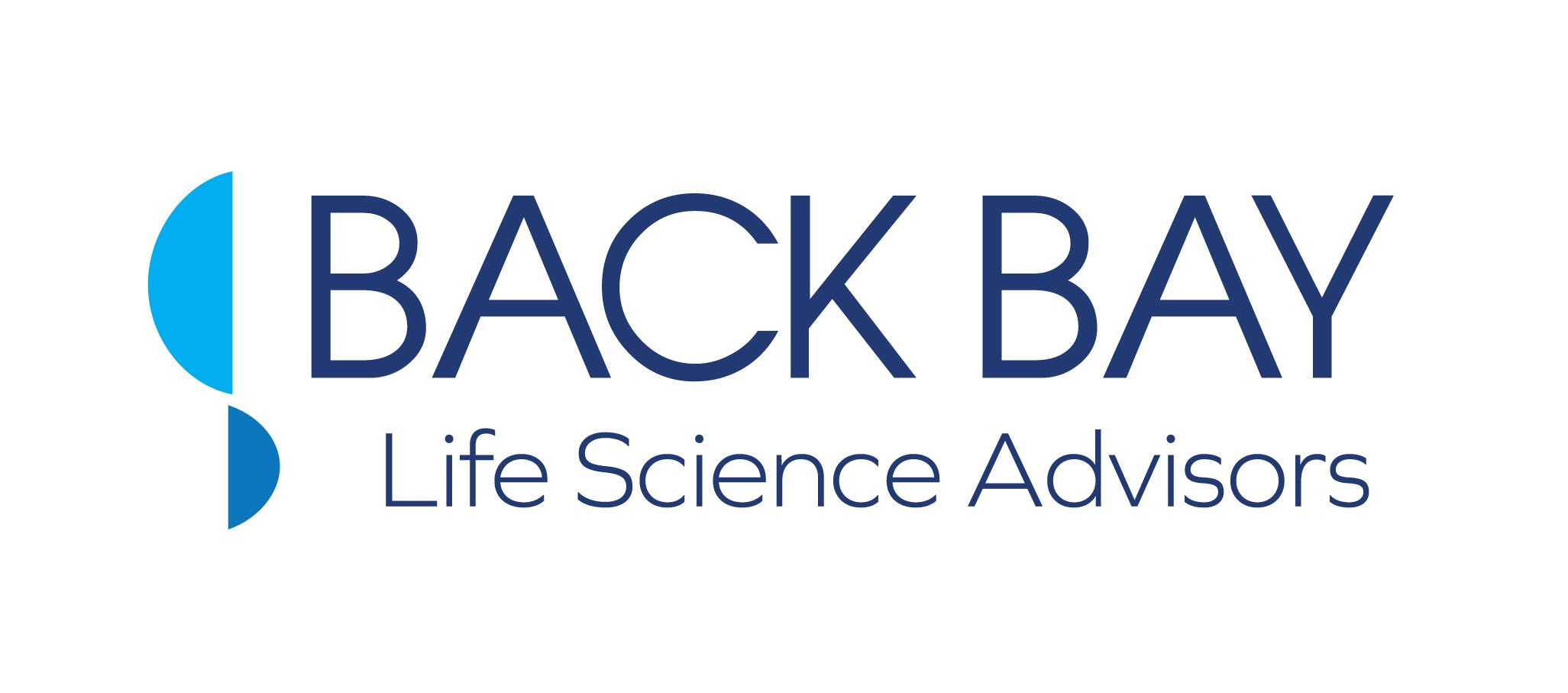Inflation Reduction Act: Unprecedented Changes to Medicare Prescription Drug Pricing
Commentary by Christopher Leo, PhD
What is the Inflation Reduction Act?
A core element of the recent Senate-approved Inflation Reduction Act comprises historic and unprecedented changes to Medicare prescription drug prices. Most importantly, after decades of battles between the pharmaceutical industry and Democrats in Congress, the Inflation Reduction Act enables Health & Human Services (HHS) to negotiate Medicare prices with manufacturers for specific high-cost drugs while also putting a $2000 cap on out-of-pocket spending for seniors on medications covered by the Part D benefit. The Inflation Reduction Act also requires drug makers to pay a rebate if prices rise faster than inflation. An overview of the prescription drug provisions and associated timeline for implementation is shown in a summary by the Kaiser Family Foundation.
With the Inflation Reduction Act, historic and unprecedented changes to Medicare prescription drug prices could be life-changing to many seniors and spur long-term savings to the US healthcare system of >$250 billion over the next decade.
How will patients benefit from the Inflation Reduction Act?
The changes will be most beneficial to the over 65 Medicare population that currently has considerable expenditure on expensive therapies that are part of the Part D benefit, notably drugs for cancer, autoimmune diseases and Hepatitis C. The $2000 cap will be life-changing to many seniors, particularly those on fixed incomes who have traditionally resorted to rationing their medications or skipping doses given high cost. Furthermore, though price negotiations are initially limited to 10 Part D drugs that have been on the market for 9+ years, this will grow to 60 drugs over time and will also include Part B products, thus driving considerable savings to the healthcare system in the US estimated at >$250 billion over the next decade.
What is the impact on the pharmaceutical industry?
The bill represents a crushing defeat for the industry, which has one of the most powerful lobbying efforts in Washington and spent millions in fighting the legislation. The industry claims that the changes are akin to price setting that will ultimately stifle innovation and force drug makers to alter their resource allocation and R&D dollars away from therapeutic areas that are most impacted, which will eventually impact patients. Furthermore, manufacturers argue that the bill does nothing to address high costs for those patients with private insurance. The industry’s next step is unclear, with potential litigation to block the law likely on the table.
However, despite the likely near-term continued tussles between the pharmaceutical industry and Congress, we at Back Bay do believe that longer-term positives exist, including a potentially more collaborative industry-government partnership on what defines “value” for patients, pharma even more focused on areas of high unmet need, and continued cost savings for patients. Back Bay’s work in the area, focused on the value, positioning, and developmental and commercial relevance and contribution for our numerous pharmaceutical and biotech clients is committed to finding data-driven answers and solutions to the issues at hand.
Sources: KFF, STAT, Endpoints

